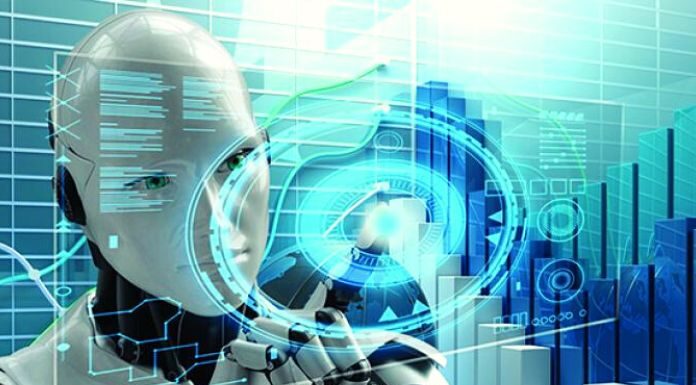Intelligent and aware computers and droids are still far from being realized. But artificial intelligence has made significant strides nonetheless. For now, it seems to be a technology that is only relevant to the cinema. On the other hand, in the daily life of most of the world’s inhabitants, opportunities to actively interact with devices powered by artificial intelligence are scarce. But in films, science fiction ones, it is far from rare to see the main character interacting with this or that robot. As in the JJ movie, the androids become the film’s protagonists.
Although far from prying eyes, artificial intelligence is making great strides outside the cinematic world. Learning algorithms (programs that allow machines and electronic devices to learn ever new functions and behaviors thanks to the interaction with the external environment) are increasingly precise, functional, and robust; many laboratories and academic centers around the world are developing new models for the creation of artificial neural networks that reproduce the functioning of the human brain. From here to the creation of human droids or even to the achievement of the singularity, however, it still takes a long time.
What Is Artificial Intelligence?
In computer science, artificial intelligence is the branch of study that deals with developing software and intelligent machines. For the leading researchers in the sector, artificial intelligence consists of the research and development of intelligent agents, where intelligent agents are systems capable of interacting with the surrounding environment and obtaining valuable information from this to maximize the probability of success.
Artificial intelligence, therefore, is concerned with developing strategies that allow electronic programs or devices to reason, plan, learn, perceive, communicate and manipulate objects. A longer-term goal is to create machines equipped with general intelligence capable of entirely replacing a human brain. Today, artificial intelligence is made up of various sectors, sometimes separated by communication problems that are difficult to overcome for social, cultural, and technical reasons.
The Problems Of Artificial Intelligence
The general problem of creating computer systems capable of reasoning and making “intelligent” decisions has, over the years, been divided into a number of sub-problems, each with its specific field of application. One of the first problems is deduction, reasoning, and problem-solving. Over the years, developers have developed learning algorithms that faithfully reproduce the techniques and tactics of the human brain. In recent years, research has been directed towards developing more efficient algorithms that use more refined “reasoning” techniques, such as simulations of neural networks, statistical approaches, and embodied agents.
Another central problem is the representation of knowledge. Many issues that machines equipped with artificial intelligence have to solve require a widespread understanding of their environment. These agents need to know the objects present in their ecosystem, the situations and events that occurred in the past, and cause and effect relationships. Therefore, they must possess an ontology (i.e., a representation of what exists ) of the ecosystem in which they live. The so-called higher ontologies tend to provide general knowledge, which is the foundation for everything intelligent agents will have to learn in their lifetime.
Learning, like the representation of knowledge, is the central problem of artificial intelligence. Over the years, machine learning algorithms have been developed that allow agents to learn new functions and behaviors thanks to accumulated experience and data from the outside world. The various learning tactics are divided into unsupervised, supervised, and reinforcement learning. Movement and manipulation, natural language processing, and perception can be considered secondary problems deriving from the described problems.
The State Of The Art
Despite all the progress made in the last 50 years, state of the art in the field of artificial intelligence is not the best. A recent experiment carried out by a group of scientists from the University of Illinois at Chicago (UIC) showed that the cognitive and deductive faculties of one of the most advanced intelligent agents in the world would be equal to those of a 4-year-old child.
The experiment was conducted on ConceptNet4, one of the most innovative electronic devices so far made and developed in the Massachusetts Institute of Technology laboratories. The machine, subjected to a test to measure the IQ of preschool children, reported disastrous results in general understanding. At the same time, it obtained satisfying results in difficulties concerning vocabulary and recognition of similar words or images. This failure is due to the inability of intelligent agents to process the elements coming from the outside to make informed decisions or answer precise questions.


